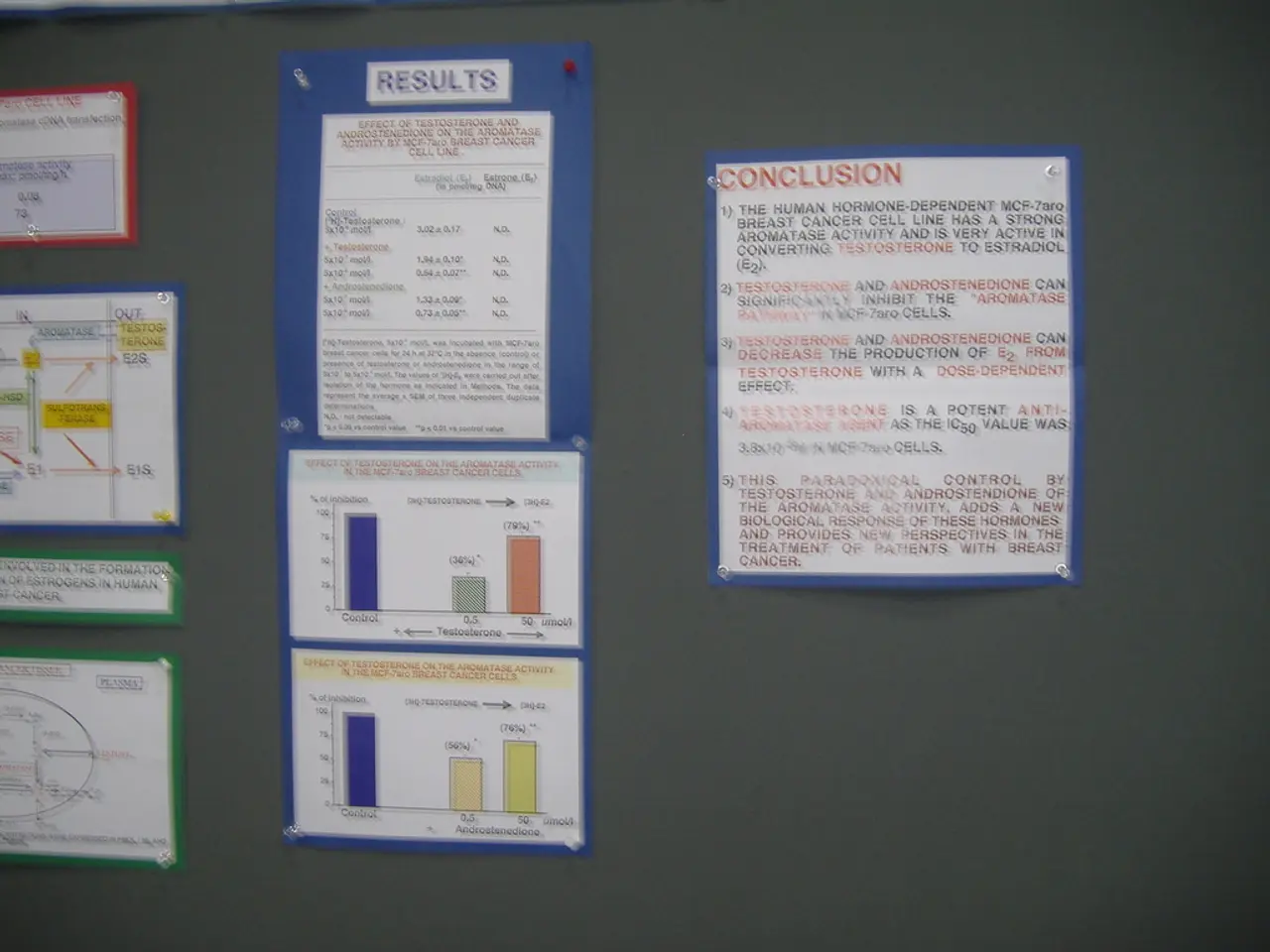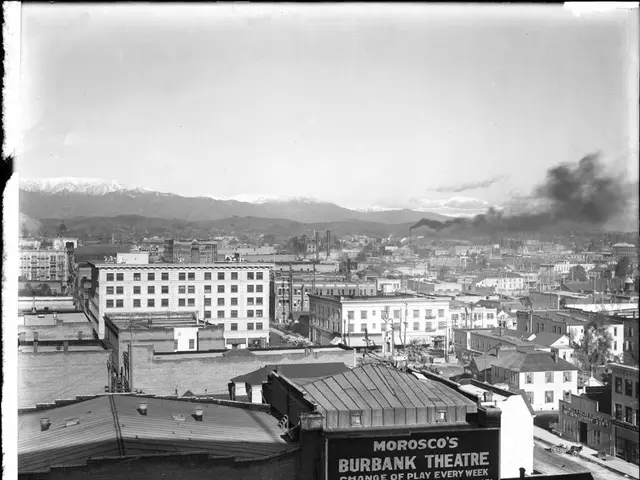West Bank building projects authorized by Israeli governmental body - Israeli authorities approve building of new settlements in the West Bank region
The German government has called on the Israeli government to halt the expansion of settlement construction in the West Bank, following the approval of a controversial plan to build 3,401 housing units in the E1 area east of Jerusalem.
This move, which threatens to divide the West Bank geographically and undermine the prospect of a contiguous Palestinian state, is part of a wider governmental strategy to consolidate control over the West Bank. Israeli officials have openly framed these moves as steps toward de facto annexation and the prevention of Palestinian statehood.
Timeline of Key Developments
The Israeli government's commitment to expanding settlements and legalizing previously unauthorized outposts in the West Bank dates back to December 2022, following a coalitional agreement. In May 2025, Israeli ministers approved 22 new Jewish settlements with the aim of preventing Palestinian state creation. The acceleration of construction plans was further evident in August 2025, when the Israeli Higher Planning Council approved the massive E1 settlement project.
Reactions
The Palestinian Authority and human rights organizations have condemned these expansions as illegal under international law and an obstacle to peace. The UN Security Council has reiterated that all settlement activity violates international law and urged Israel to stop construction, highlighting the risk of forced displacement of Bedouin communities and widespread humanitarian tolls.
Israeli government officials and pro-settlement voices, however, have defended the expansions, linking them to the denial of a Palestinian state and asserting Israeli sovereignty claims over the area. They emphasize security and historic-national rights to the land.
U.S. House Speaker Mike Johnson's visit to settlements in mid-2025 and his remarks asserting Jewish rights to the territory illustrate a faction within the U.S. that supports or at least normalizes settlement presence, despite broader international concerns.
Legal Implications
Israeli settlements in the occupied West Bank are widely considered illegal under international law, according to the Fourth Geneva Convention, which prohibits an occupying power from transferring its population into occupied territory. The UN and most countries view these settlement activities as violations of international law.
The recent acceleration and legalization of previously unauthorized outposts, plus symbolic Israeli Knesset votes calling for formal sovereignty over settlements, increase tensions and reduce prospects for a two-state solution. These moves have serious humanitarian implications for Palestinian residents, restricting freedom of movement, access to essential services, and posing risks of forced displacement.
International Response
Despite international protests, Israel has built dozens of settlements in the West Bank over the decades, where around 500,000 Israelis live alongside around three million Palestinians. The German government's rejection of the settlement plan follows recent announcements by several countries, including France, Britain, and Canada, that they will officially recognize a Palestinian state in September.
In summary, the recent sharp expansion in Israeli settlement building in the West Bank, especially the August 2025 E1 approval, marks a significant intensification of settlement activity with profound legal, political, and humanitarian repercussions, evoking widespread international condemnation and complicating peace prospects.








